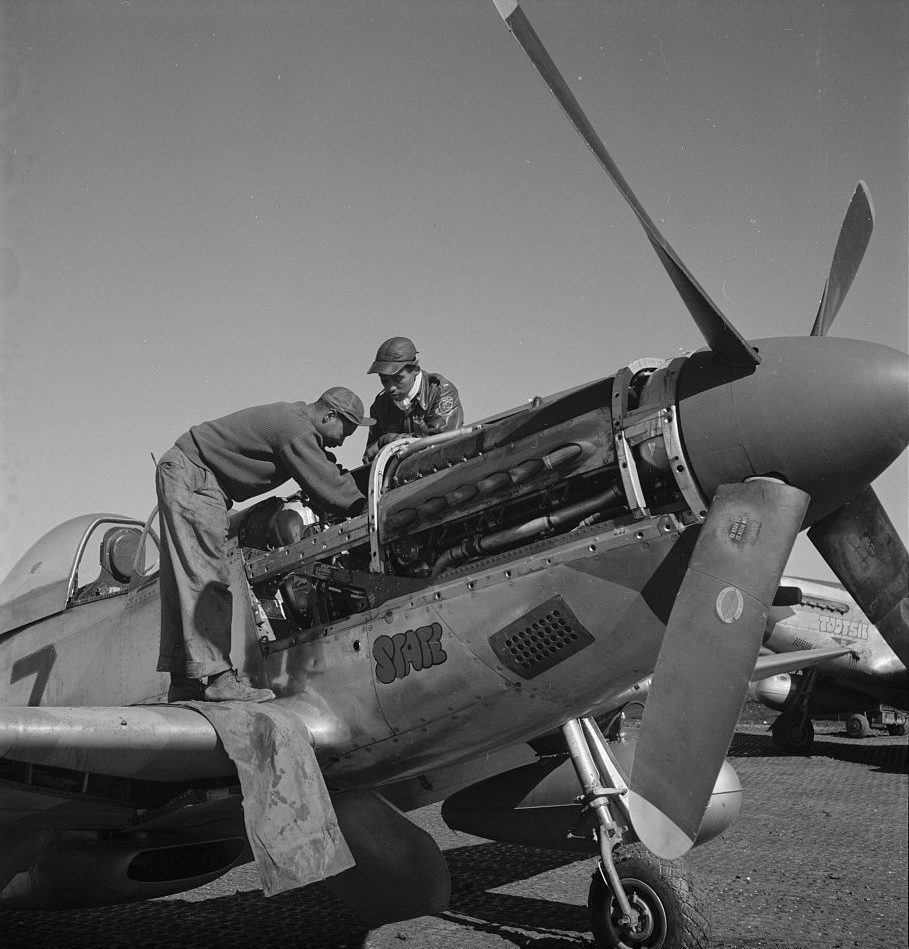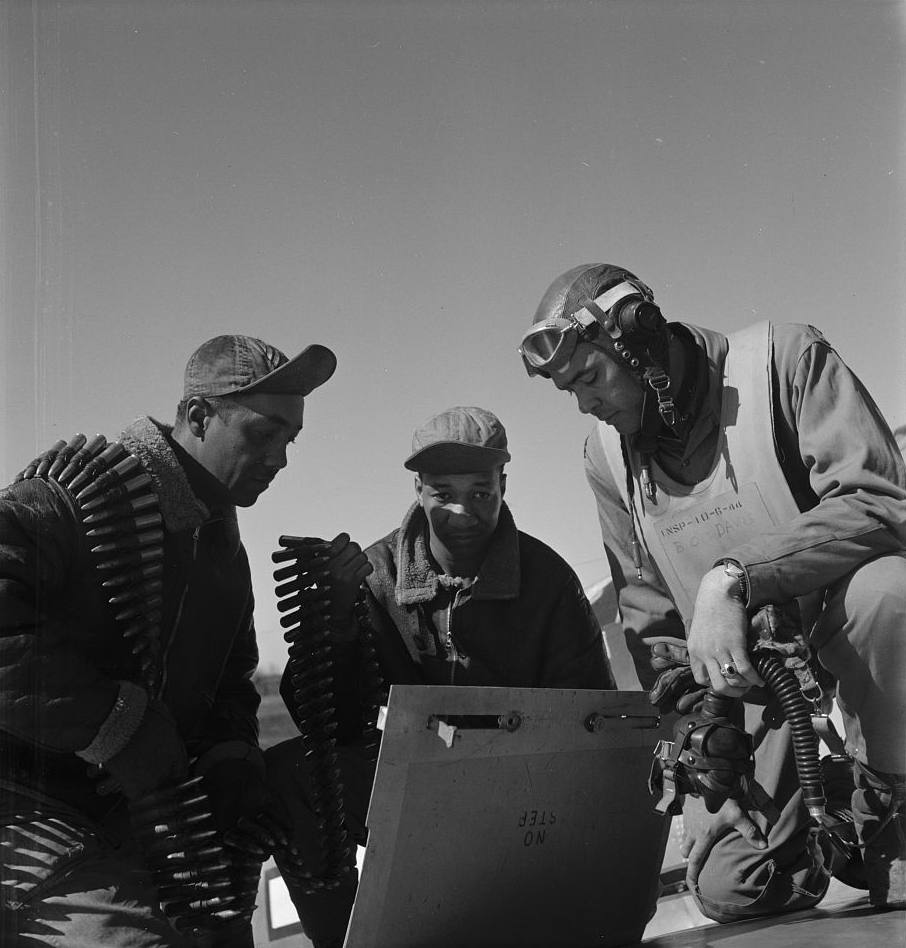For a long time the prevailing view among the U.S. Air Force was that African Americans could not fly airplanes. However, the Tuskegee Airmen would change this. This African American unit was formed in 1941, after which they played an important role on the European continent. One of its pilots was Captain Roscoe Brown.
Roscoe Brown was born on 9 March 1922 in Washington D.C. With his father being a dentist and his mother a teacher, Brown grew up in an intellectual climate and performed well at school. After he finished his studies with excellent results, he decided to join the American Air Force in 1943.
As an African American Brown ended up at the flying school in Tuskegee, Alabama. Just like the other parts of the American Army, the Air Force was segregated during this time. The flying school in Tuskegee was founded as an experiment to proof that African Americans were not capable of flying airplanes. The contrary was proven. The Tuskegee Airmen turned out to be great pilots and would form escort squadrons in Europe. Divided between different squadrons in the 332nd Fighter Group, the Tuskegee Airmen performed important tasks in Europe. Besides attacking different ground targets by themselves, their main task was protecting Allied bombers against the German fighters.
Brown finished his training and was send to Europe in August 1944. As part of the 100th Fighting Squadron he flew a total of 68 missions. His most successful flight took place on 24 March 1945. During a very long escort mission with the goal of bombing a German tank factory in Berlin, he shot down a German jet-fighter. Because of this Brown is known as one of the three jet-killers.
After the war Brown went back to school to obtain his Master’s degree and later his PhD. He became amongst other things, a professor at New York University and later director of Bronx Community College. Roscoe Brown died at the age of 94 on 2 July 2016.


